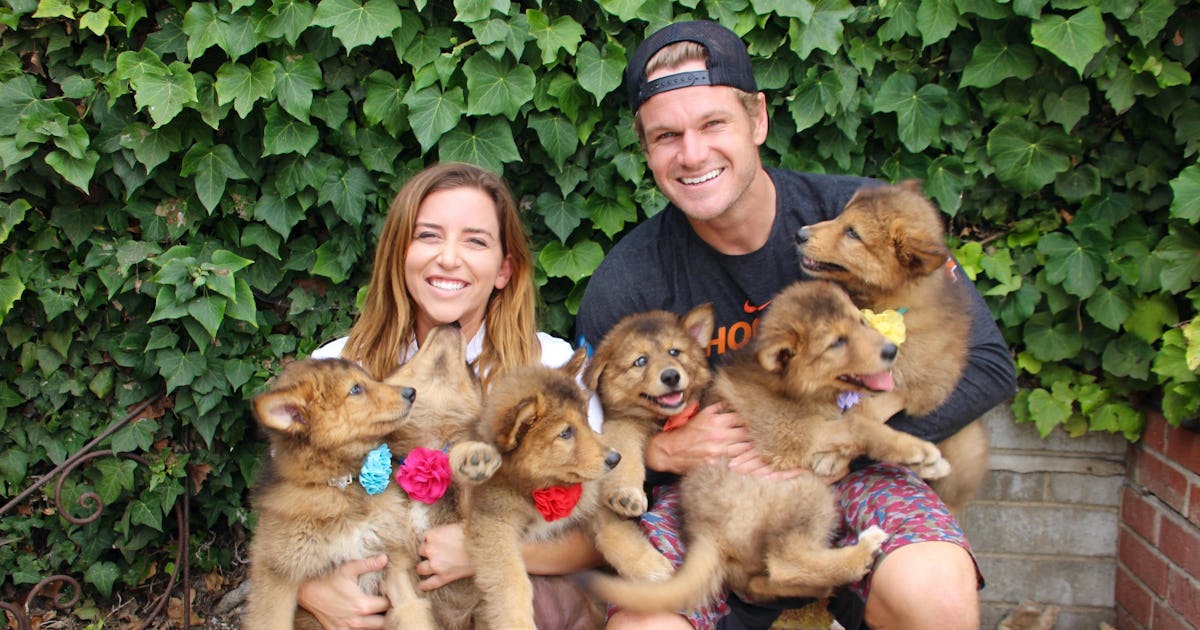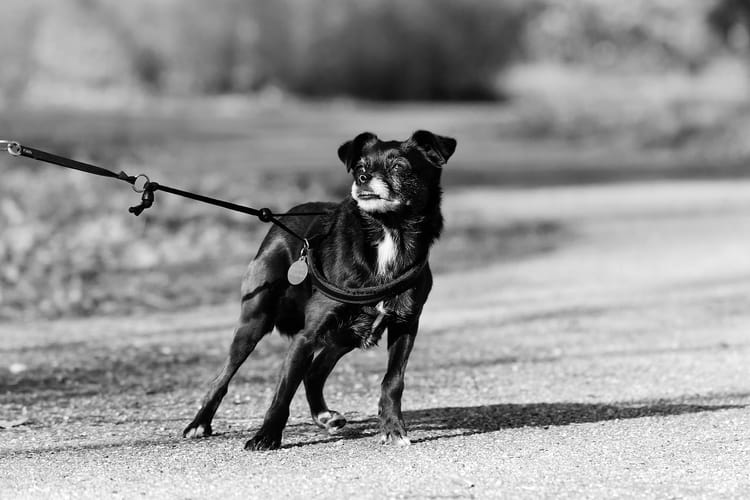Is dog cloning going viral?

If you've lost a dog, you know the feeling. Who among us doesn't want their dog back?

Bring in the clones: Instagrammers are genetically replicating their pets
Mine's a 100-lb. European-bred black and red German Shepherd named Mulder, friend to all but the bad guys, an overachieving retriever, and lost at age 11 to an aggressive cancer. I was 32 when he died, and felt I'd never have another dog again, if only I could keep that one.
Before I pull out my change jars for deceased-dog cloning technology, though, I remember the untold secret of pet cloning: you're buying a breeding technique, not a replacement animal.
This story of Chance the bull and his clone has stuck with me as a prominent example of the inseparability of nature and nature when it comes to behavior.
The ethics of pet cloning
The ethical concerns around the science of cloning pets still loom large: Inside the complicated, messy world of pet cloning.
The ASPCA has developed a position statement on pet cloning, asking for an end to the cloning and genetic engineering of pets. They want a team to be formed comprising industry representatives, scientists, animal welfare professionals, veterinarians, and bioethicists that will look at how this work has been done in the past, what safety measures need to be put into place, and if it is ethical to continue doing this type of research.
Dog cloning has only a 20 percent success rate. This means having the female dogs undergo multiple surgeries to collect egg cells and to implant a cloned embryo even though there is no established benefit to her or any resulting puppies.
Cloning pets has been a topic of concern for many years because of the lack of regulation and lack of ethical standards set forth by experts in animal health and welfare. There are still many questions that need to be answered, such as the long-term effects on both the clones and the original animals. In the meantime, it is important to remember that clones are not exact copies – they have their own unique personalities and are still subject to environmental pressures and changes, just as the original pet was.





